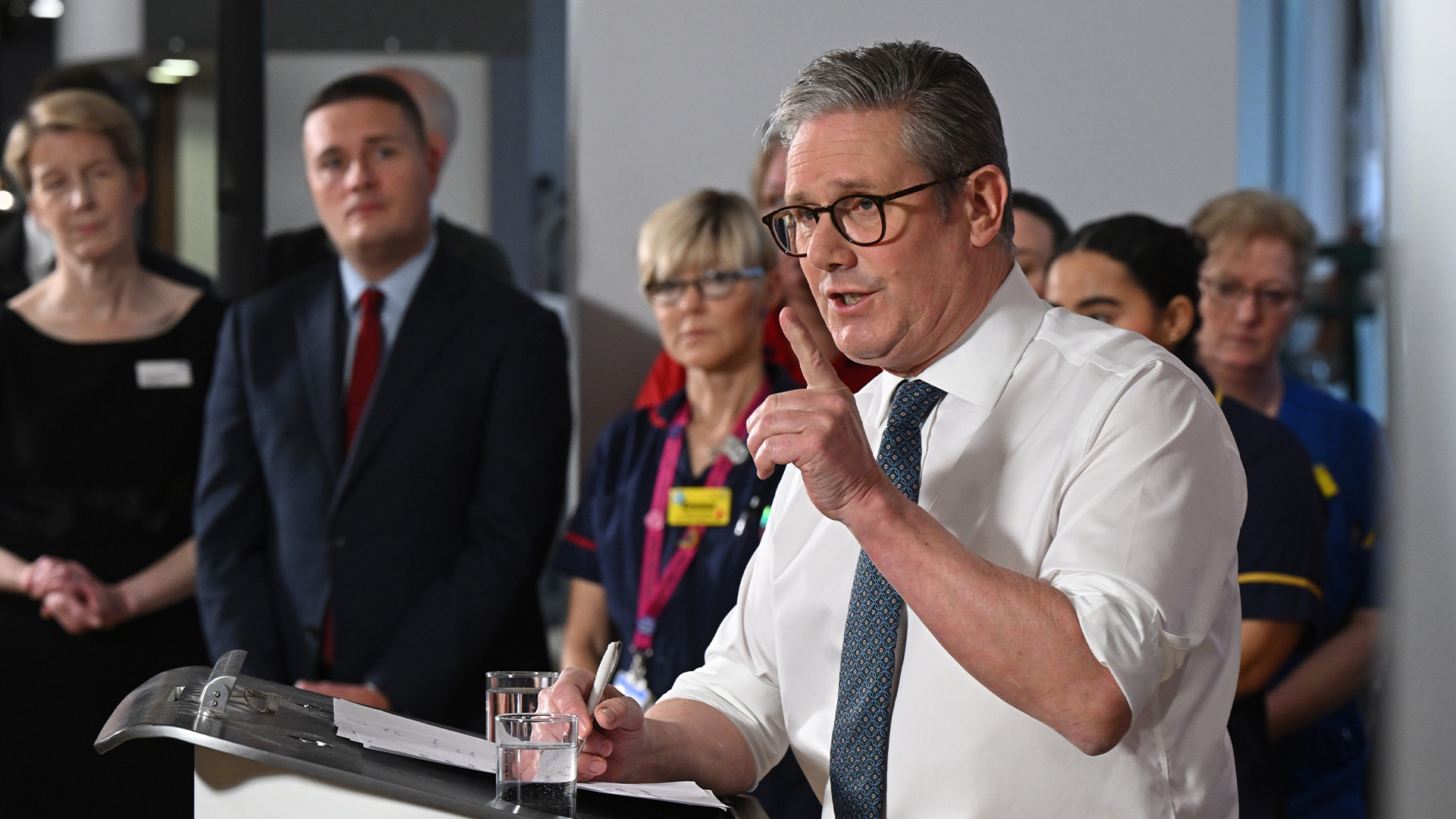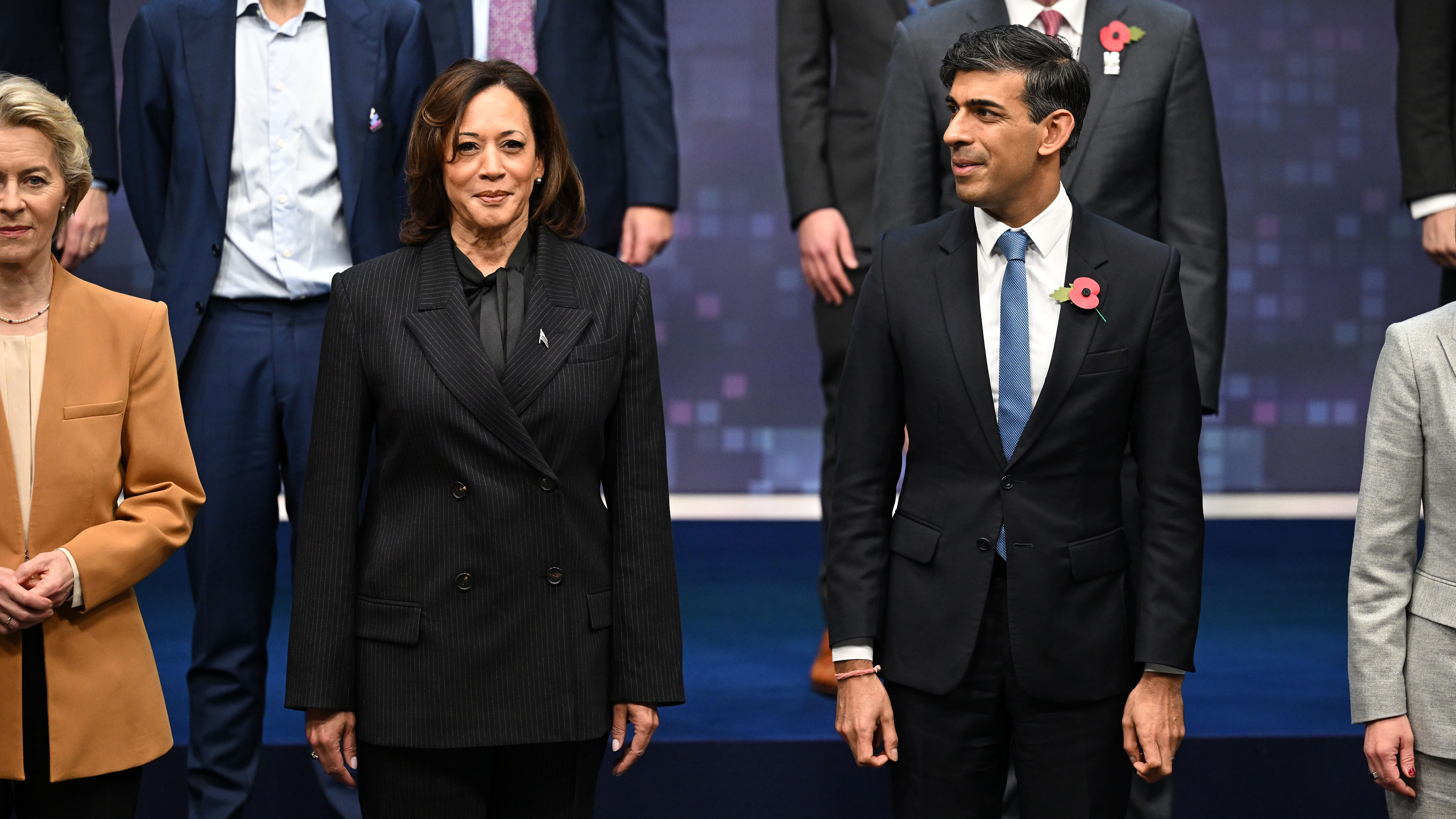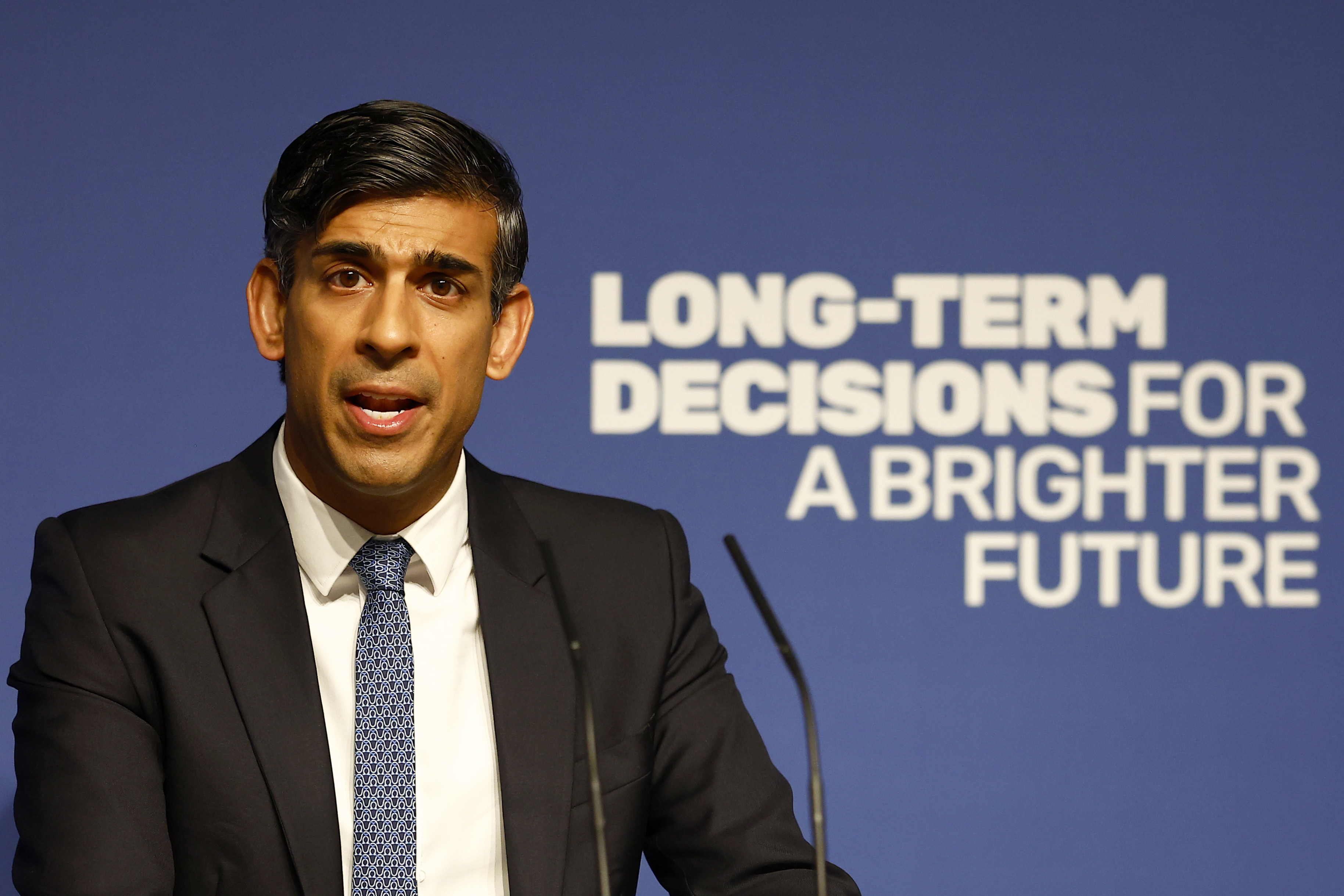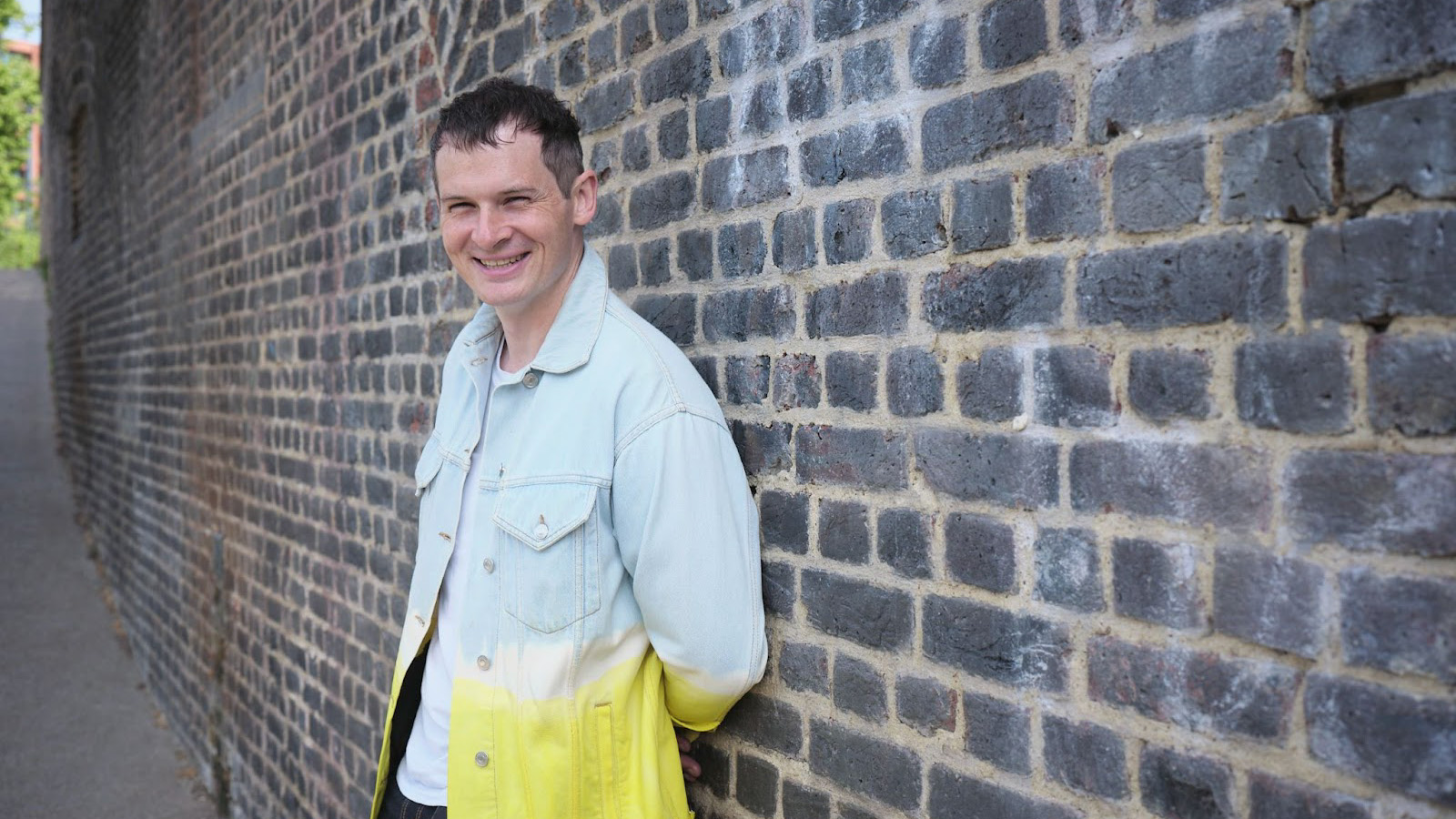Watchdog says “intolerable” terror laws must be scrapped
Adds that stronger reasons required to introduce Snoopers' Charter

The UK must redraft its "intolerable" terror laws from scratch, a watchdog recommended today.
Parts of RIPA, and DRIPA 2014, must be scrapped by the government as it returns to the drawing board, said David Anderson, Britain's independent reviewer of anti-terrorism laws, in his report published today.
The report 'A Question of Trust' also said the government must outline the need for new surveillance powers such as the Snooper's Charter.
Writing in his report, Anderson said: "RIPA, obscure since its inception, has been patched up so many times as to make it incomprehensible to all but a tiny band of initiates. This state of affairs is undemocratic, unnecessary and in the long run intolerable.
"But trust requires verification. Each intrusive power must be shown to be necessary, clearly spelled out in law, limited in accordance with international human rights standards and subject to demanding and visible safeguards."
RIPA, which allows police and spies to intercept emails, phone calls and snoop on people's online movements, should be overseen by a law that bolsters safeguards to prevent abuses of power.
One measure the report recommended was to strip ministers' powers to approve surveillance warrants, giving these responsibilities to judges, instead.
Get the ITPro daily newsletter
Sign up today and you will receive a free copy of our Future Focus 2025 report - the leading guidance on AI, cybersecurity and other IT challenges as per 700+ senior executives
A new law should be easy to understand, too, while any extra surveillance powers must be justified by strong cases for their introduction, Anderson added.
He called for a new easily understood, comprehensive law with improved safeguards, and judges, not ministers, approving warrants to allow access to the content of emails, phone calls and other communications.
It should also comply with human rights standards, despite the Conservatives' proposal to ditch the Human Rights Act
Any further powers, such as forcing service providers to keep details of all individuals' internet use, should only be allowed after a compelling case was made, he added.
Shami Chakrabarti, director of human rights organisation Liberty, said: "This thoughtful report is in sharp contrast with the defensive whitewash from the discredited Intelligence and Security Committee of the last Parliament.
"Whilst we don't agree with all his conclusions, Mr Anderson's intervention could be the beginning of re-building public trust in surveillance conducted with respect for privacy, democracy and the law. It is further vindication of Edward Snowden's courage."
The part Chakrabarti does not agree with is Anderson's support that mass surveillance should continue, if the right safeguards can be introduced.
He wrote: "The capability of the security and intelligence agencies to practise bulk collection of intercepted material and associated data should be retained ... but used only subject to strict additional safeguards."
These cover judicial authorisation and a tighter definition of the reasons it is required.
Reacting to the report, Home Secretary Theresa May suggested she would push the Snoopers' Charter through Parliament regardless of the report's advice.
-
 Asus ZenScreen Fold OLED MQ17QH review
Asus ZenScreen Fold OLED MQ17QH reviewReviews A stunning foldable 17.3in OLED display – but it's too expensive to be anything more than a thrilling tech demo
By Sasha Muller
-
 How the UK MoJ achieved secure networks for prisons and offices with Palo Alto Networks
How the UK MoJ achieved secure networks for prisons and offices with Palo Alto NetworksCase study Adopting zero trust is a necessity when your own users are trying to launch cyber attacks
By Rory Bathgate
-
 ‘Archaic’ legacy tech is crippling public sector productivity
‘Archaic’ legacy tech is crippling public sector productivityNews The UK public sector has been over-reliant on contractors and too many processes are still paper-based
By Emma Woollacott
-
 Public sector improvements, infrastructure investment, and AI pothole repairs: Tech industry welcomes UK's “ambitious” AI action plan
Public sector improvements, infrastructure investment, and AI pothole repairs: Tech industry welcomes UK's “ambitious” AI action planNews The new policy, less cautious than that of the previous government, has been largely welcomed by experts
By Emma Woollacott
-
 UK government trials chatbots in bid to bolster small business support
UK government trials chatbots in bid to bolster small business supportNews The UK government is running a private beta of a new chatbot designed to help people set up small businesses and find support.
By Emma Woollacott
-
 The UK's hollow AI Safety Summit has only emphasized global divides
The UK's hollow AI Safety Summit has only emphasized global dividesOpinion Successes at pivotal UK event have been overshadowed by differing regulatory approaches and disagreement on open source
By Rory Bathgate
-
 Rishi Sunak’s stance on AI goes against the demands of businesses
Rishi Sunak’s stance on AI goes against the demands of businessesAnalysis Execs demanding transparency and consistency could find themselves disappointed with the government’s hands-off approach
By Rory Bathgate
-
 UK aims to be an AI leader with November safety summit
UK aims to be an AI leader with November safety summitNews Bletchley Park will play host to the guests who will collaborate on the future of AI
By Rory Bathgate
-
 AI-driven net zero projects receive large cash injection from UK gov
AI-driven net zero projects receive large cash injection from UK govNews Funds have been awarded to projects that explore the development of less energy-intensive AI hardware and tech to improve renewables
By Rory Bathgate
-
 Who is Ian Hogarth, the UK’s new leader for AI safety?
Who is Ian Hogarth, the UK’s new leader for AI safety?News The startup and AI expert will head up research into AI safety
By Rory Bathgate